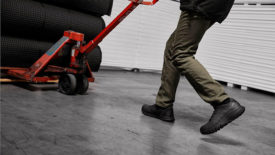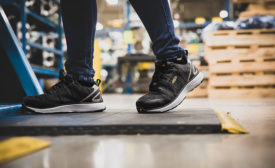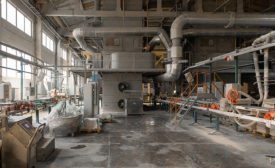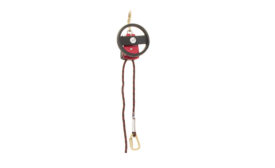Home » Keywords: » manufacturing industry safety
Items Tagged with 'manufacturing industry safety'
ARTICLES
Industry innovations drive trends and create more versatile footwear
Significant strides
August 4, 2020
Steel plate falls from crane, injuring worker
“Aluminum Shapes continues to disregard their legal responsibility to comply with safety and health standards"
January 31, 2020
Get our new eMagazine delivered to your inbox every month.
Stay in the know on the latest safety trends.
SUBSCRIBE TODAYCopyright ©2024. All Rights Reserved BNP Media.
Design, CMS, Hosting & Web Development :: ePublishing








